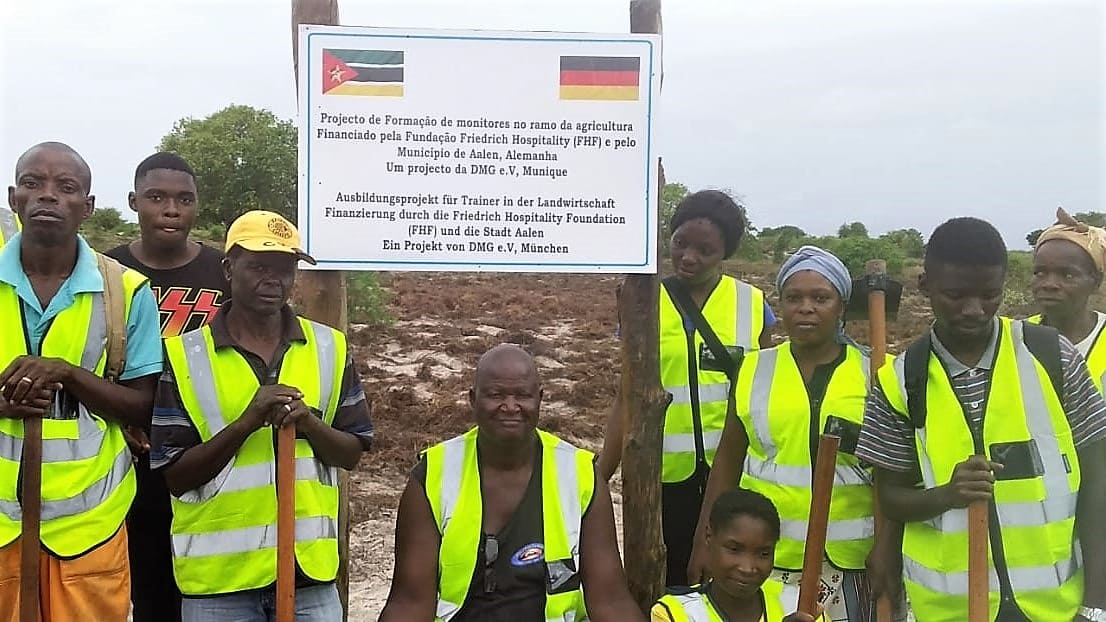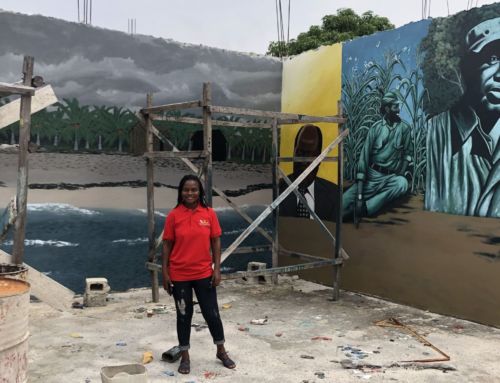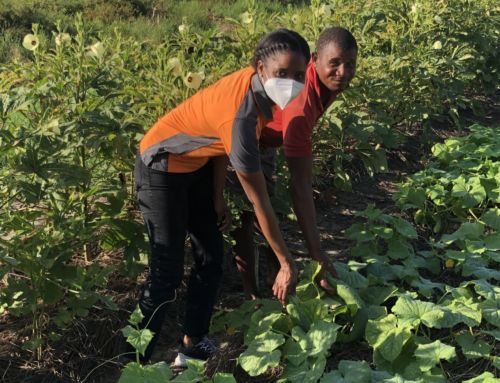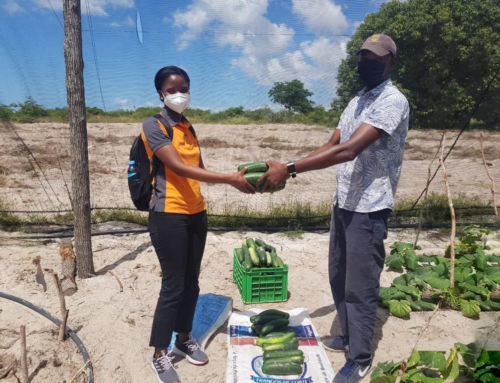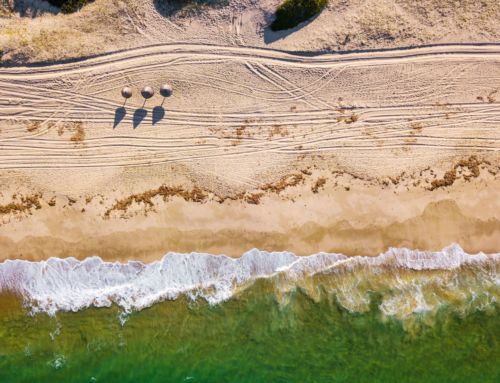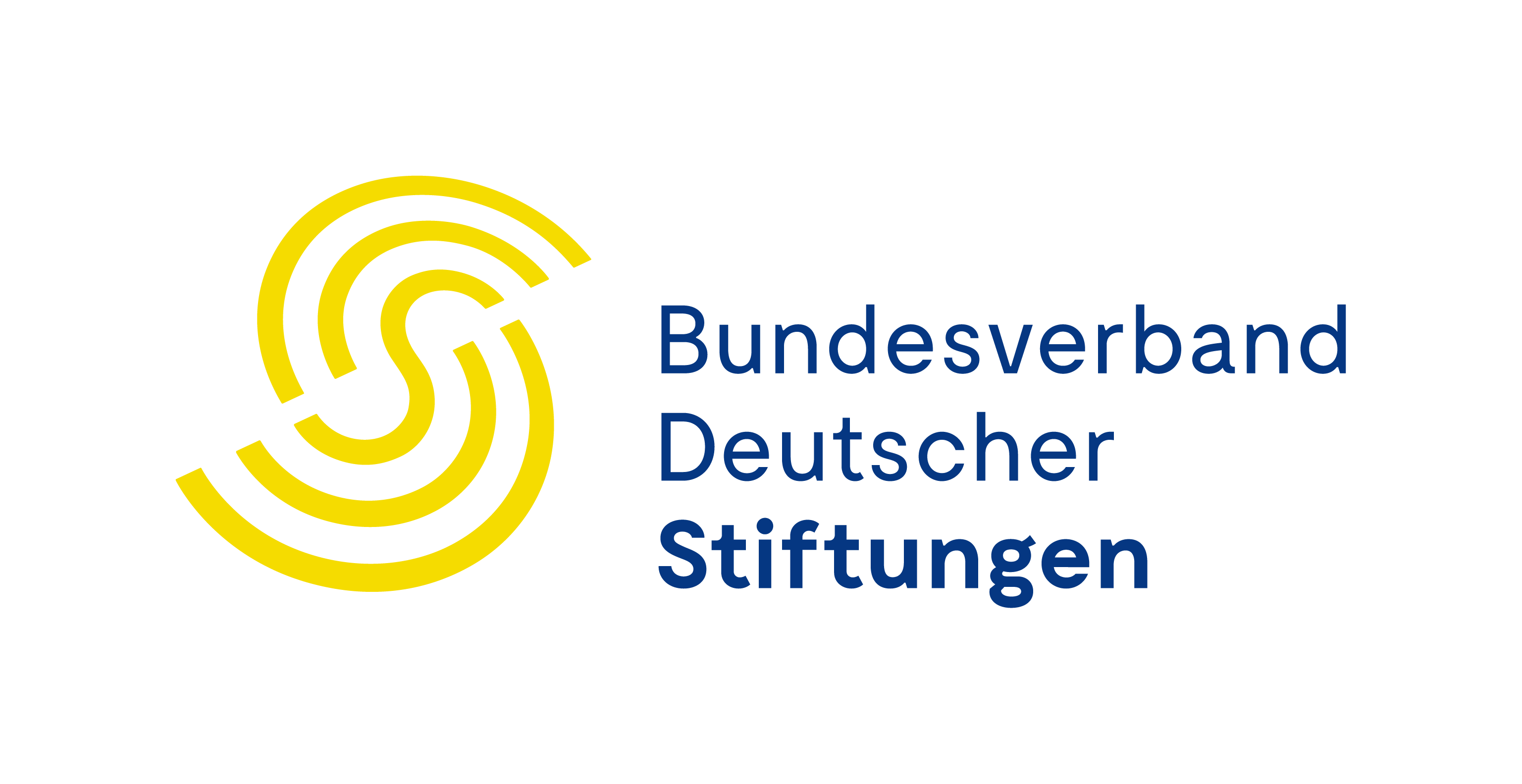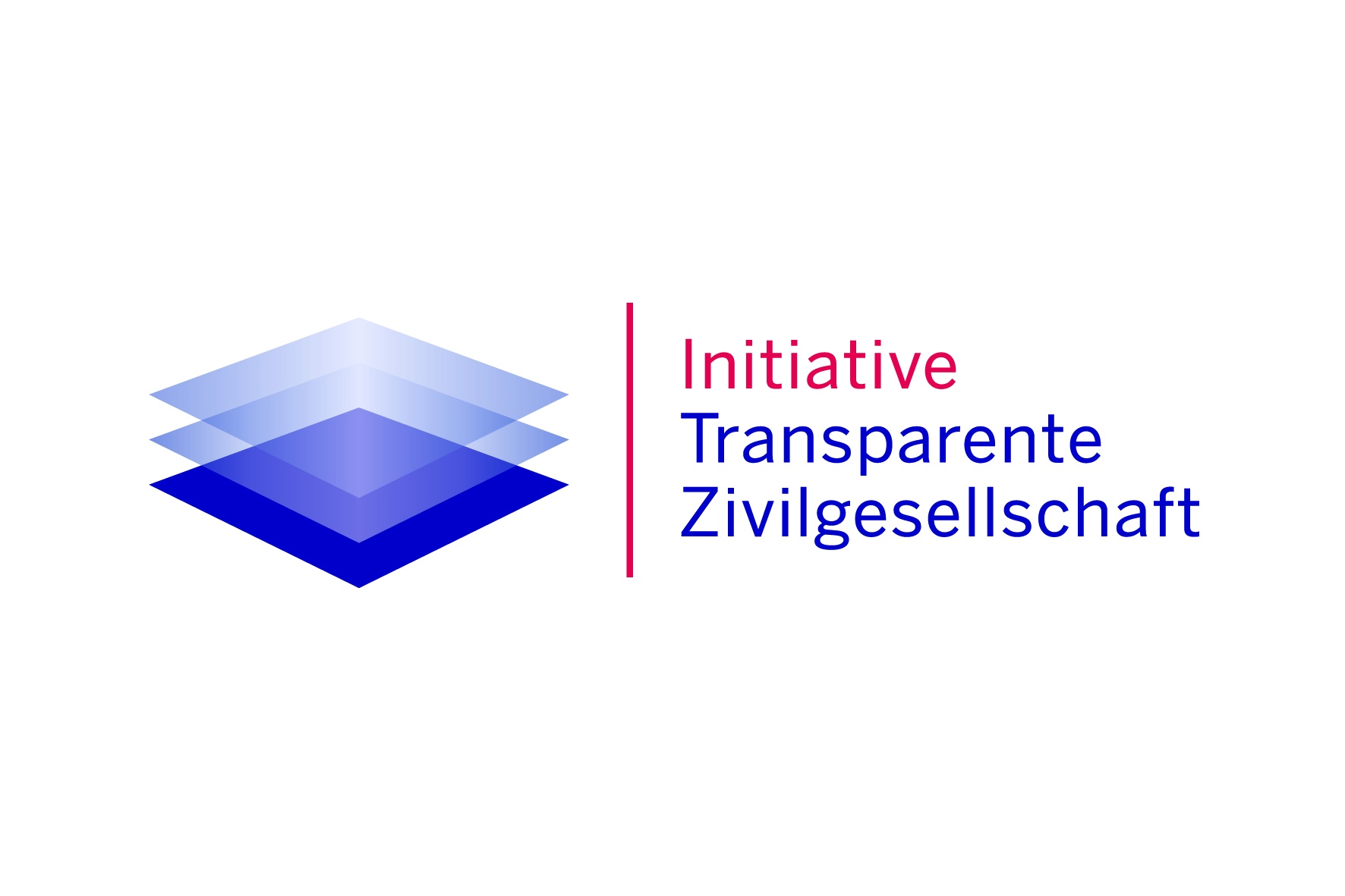The agricultural project in Vilankulo aims to increase agricultural yields in order to improve the starting position of local farmers.
Challenges of Agriculture in Vilankulo
Agriculture in Vilankulo is still in its developing stage: Few farmers have sufficient knowledge or resources to grow crops sustainably. In addition, the country has to cope with long periods of drought, which also affects agricultural production enormously.
Local hotels, restaurants, and other gastronomic businesses therefore often have to rely on goods from abroad or farther inland, which entails higher costs. Moreover, the COVID-19 pandemic has severely affected the import of food and made it more expensive. This is another sign of how important it is for a region to be self-sufficient in staple food.
Joint Agricultural Project of the City, DMG and FHF
The agricultural project in Vilankulo, which was a joint initiative of the mayor of Vilankulo, William Tunzine, and the late Honorary Consul General for Mozambique, Senator E. h. Siegfried Lingel aims to improve the starting position of local farmers. Increasing agricultural yields reduces dependence on other regions and countries in the long term. In addition, the sale of food can generate more income for the local workers.
The main funder of the project is the Friedrich Hospitality Foundation (FHF). The project is implemented locally by the Deutsch-Mosambikanische Gesellschaft (German-Mozambican Society).
Curriculum
The municipalities of Vilankulo have selected farmers to participate in the project, which will run for one year. A total of 15 farmers aged between 19 and 60 years are learning more about the following topics:
- Sustainable irrigation
- Production of seedlings and organic fertilisers
- Use of seeds and seedlings
- Cultivation of new plants
- Techniques for working the fields with handmade tools
- Harvesting and processing techniques for the food
The knowledge they acquire during the project is then passed on in their communities so that a total of more than 300 farmers can benefit.
Project Procedure
The project is divided into 5 phases:
- Theoretical and practical training of the selected farmers by agricultural technicians
- Construction of a greenhouse and installation of the field irrigation system
- Tilling of the fields and production of organic fertilisers
- Application of field cultivation techniques with specific hand tools
- Harvesting and marketing of food
The construction of the greenhouse is done under the guidance of technicians with the help of all project participants. The construction was adapted to local methods and materials so that a quick repair with regional resources is possible in the future. Even a replica of the construct can be realized this week by the project participants.
In the coming months, we will report on the project’s progress and look forward to the first harvest results!
